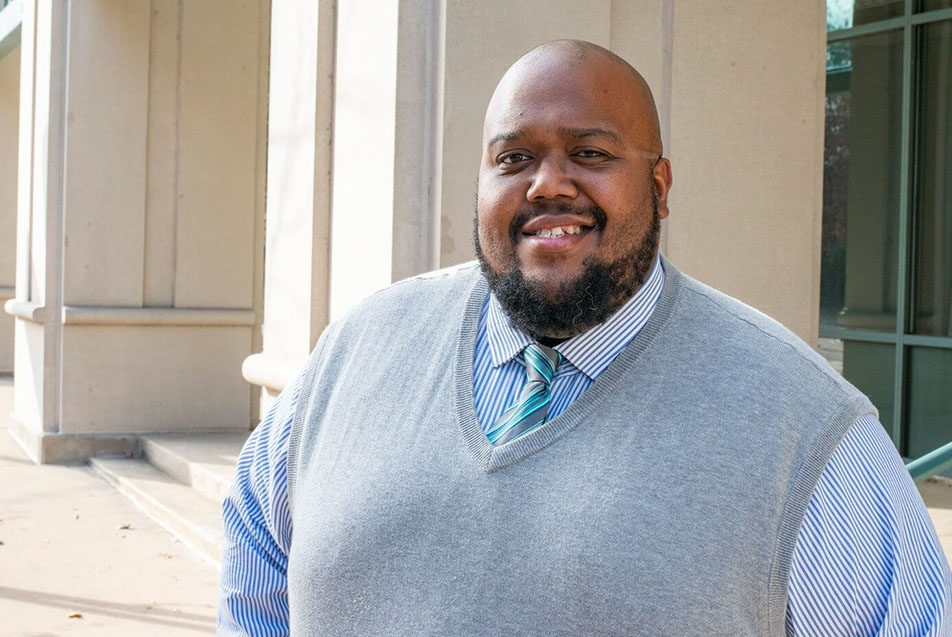
Turn your pain into purpose. It’s the philosophy that advocate Lorenzo Lewis lives by. Born in prison to an incarcerated mother, Lorenzo struggled with depression, anxiety and anger throughout his youth. At 17, he almost re-entered the system of mass incarceration he had come from. It was then, he snapped and began his journey to wellness.
Lorenzo attended Arkansas Baptist College and continued facing his own emotional challenges, eventually becoming a mental health advocate. Today, Lorenzo has more than a decade of professional experience in behavioral health. He’s also the founder of The Confess Project, an initiative that confronts the stigma around mental health for men of color. Lorenzo has spoken at numerous venues across the country—from barbershops to universities—exploring themes such as toxic masculinity and therapy taboos.
“I realized that I had the background to address mental and emotional health through a grassroots approach,” Lorenzo said. “And I had the personal conviction because of my own struggles.”
That grassroots approach involves utilizing barber shops in the communities he wants to reach. “My aunt owned a beauty salon and from the time I was 4 to when I was 14, I went there every day after school. I saw a lot of things happen there. People came to vent, people who didn’t have enough money came for food or a free haircut. It was a staple in the community. I knew the level of social change they were making without having a lot of resources around them. I knew I could make a bigger difference in the same space.”
Lorenzo is focused on suicide prevention and addressing the stigma attached to mental health issues for minorities, including young African American men and the LGBTQ community, among other groups. “I’m not a clinician, but I have a team of clinicians and public health executives on our board of directors to lend their credibility to the work.”
Through The Confess Project, he is striving to bridge the gap between healthcare and populations in need, and to bring trusted relationships to the table. “I want to ignite momentum so that both parties can be more acclimated to work together. We’re building relationships and organizing with the people who can make change.”
And engaging the barber shop owners has been invaluable for the organic impact. “We’ve had barbers say that just by being aware they feel more comfortable helping somebody. Our data tells us that 50% of the participants from our barbershop discussions are now more inclined to get mental health and 90% report having gained knowledge and experienced a shift in their belief system toward mental health help. That belief system is rooted deep into how you view mental health.”

For Lorenzo, his work through The Confess Project and appearances around the country are really a rally cry. “It’s a call to recognize that we own the power of how we make these decisions. We can destigmatize the language and the way we go about our lives. We want to give people small strategies so that they can show up and be better advocates for themselves and loved ones.
But the biggest call is to all show up in solidarity. Until we really talk about ending the stigma, nothing will change. We think it’s about race, but it’s not. It’s about showing up as one. To create a shift, we have to follow one thread and know that everyone has valuable opportunities toward health and services. We have to bridge the gap between folks in need and professionals and address this, but I believe it’s going to take all of us.”